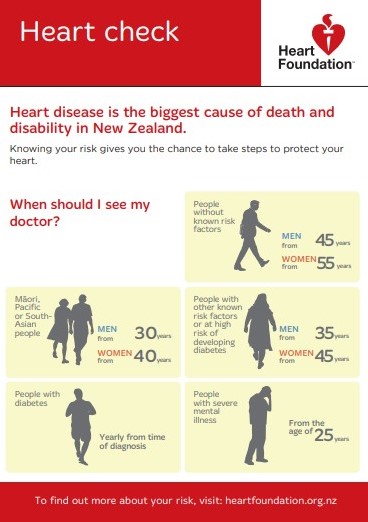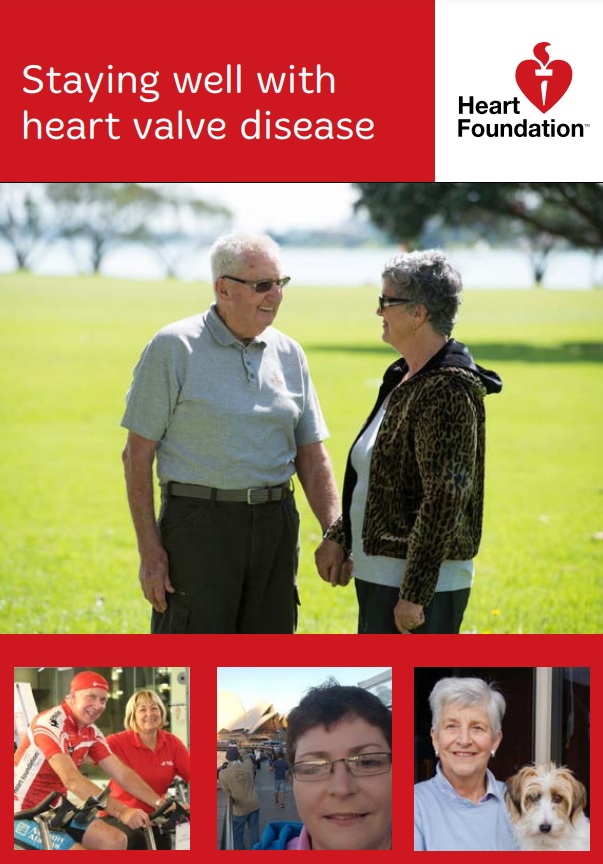There are many different factors that shape your risk of getting heart disease. Some of these you can’t change, such as your age, sex and ethnicity. However, there are other factors you can change, such as whether you smoke, what you eat and drink and how much you exercise.
By making healthy choices every day, you reduce your risk of heart disease.
Learning about different risk factors can help you get a picture of your risk. Click on the risk factors in the table below to find out more.
To build your own heart risk profile based on factors such as these see our heart risk assessment page.
|
Risk factors you can’t change: |
Risk factors you can change: |
|---|---|
|
|









